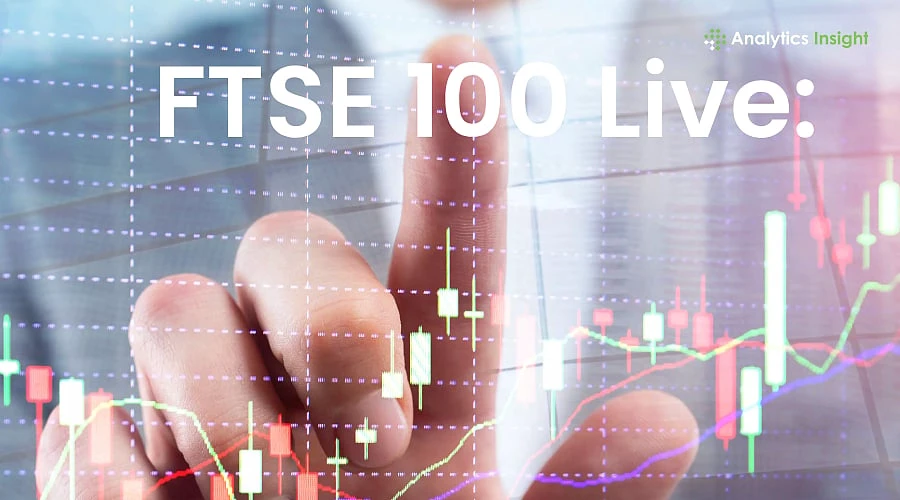Overview
- FTSE 100 dropped sharply as European markets shifted into clear risk-off mode.
- ICG outperformed after a major stake purchase and strong interim results.
- WPP declined following the denial of merger-related speculation.
European stock markets moved into a clear risk-off mode, pulling the FTSE 100 sharply lower. The index fell by more than 120 points and closed near 9,552, marking one of its biggest daily declines in recent weeks. The fall reflected growing caution across global markets as investors reacted to new economic signals, company-specific news, and concerns about stretched valuations.
Global Sentiment Turns Cautious
The latest downturn was driven by a mix of global economic worries. Softer labour market numbers from the United States increased uncertainty about the direction of upcoming Federal Reserve policy. Slower hiring and weaker wage data confused whether interest rates may stay higher for longer, which often affects risk appetite.
At the same time, investors grew nervous ahead of major earnings from large US chipmakers. Technology stocks have been priced for very strong growth, and any sign of weaker performance can quickly shake confidence. This created tension in markets across Europe, where traders pulled back from equities and favoured safer assets.
reacted with movements that usually reflect risk aversion, while commodity prices showed volatile swings. These patterns pointed to a broader shift in investor psychology as markets reassessed global growth expectations.
ICG Shows Strength Despite Market Weakness
While the market as a whole headed lower, Intermediate Capital Group was a rare bright spot. The company’s shares rose after fresh reports confirmed that French asset manager Amundi had taken a stake of close to 10% in it. This sort of stakebuilding from major institutional investors can often signal confidence in a firm’s longer-term prospects, supporting the share price.
ICG also announced interim results that showed steady asset growth under management. Strong fundraising and expanding fee income added to optimism surrounding the performance of the company. These pieces of news allowed ICG to hold up well, even as the wider index experienced heavy selling.
WPP Drops as Merger Speculation Wanes
On the downside, advertising group WPP was among the worst performers on the FTSE 100. Shares fell more than 2.5% after Havas’ public denial of reports that suggested the two companies were in talks to merge or for investment. The denial unwound earlier speculation that had helped lift the share price.
The drop came at a sensitive moment, with WPP having traded far from its recent highs and remaining vulnerable to changes in sentiment. With mixed conditions prevailing in ad markets and a competitive backdrop for agency groups, any indication that takeover interest may be absent tends to weigh heavily on valuations.
Technology and Cyclical Stocks Lead Sector Losses
Growth and cyclical stocks bore the brunt of the sector-wise sell-off. Caution over lofty valuations and heavy expectations placed on earnings linked to artificial intelligence took technology-linked shares lower. The industrial and financial sectors also weakened as investors moved toward more defensive positions.
Outlook for the Coming Sessions
Attention will now shift to upcoming corporate earnings, particularly from US technology giants, and new economic data releases. Results from major chipmakers could determine whether the recent weakness deepens or stabilises. According to market analysts, the next few sessions will remain sensitive to any surprises in data or corporate guidance.
will be further changed by the lingering uncertainty over central bank policy, inflation trends, and the strength of global demand. If upcoming data shows clearer signals, markets may find firmer direction. Until then, volatility is expected to stay high.
Impact on Investors and Listed Companies
The recent moves underscore a focus on diversification for large asset managers and pension funds, as well as for long-term index investors, in a world where global macro events quickly influence asset prices. With so many companies deriving revenues from around the world, currency movements and global demand trends will keep driving performance.
For individual companies, the most recent developments serve as an overt reminder of just how sensitive prices have become to mergers, stakebuilding, strategic updates, and earnings statements. Headlines resulted in high levels of price volatility for firms like ICG and WPP, demonstrating how fast markets change.
